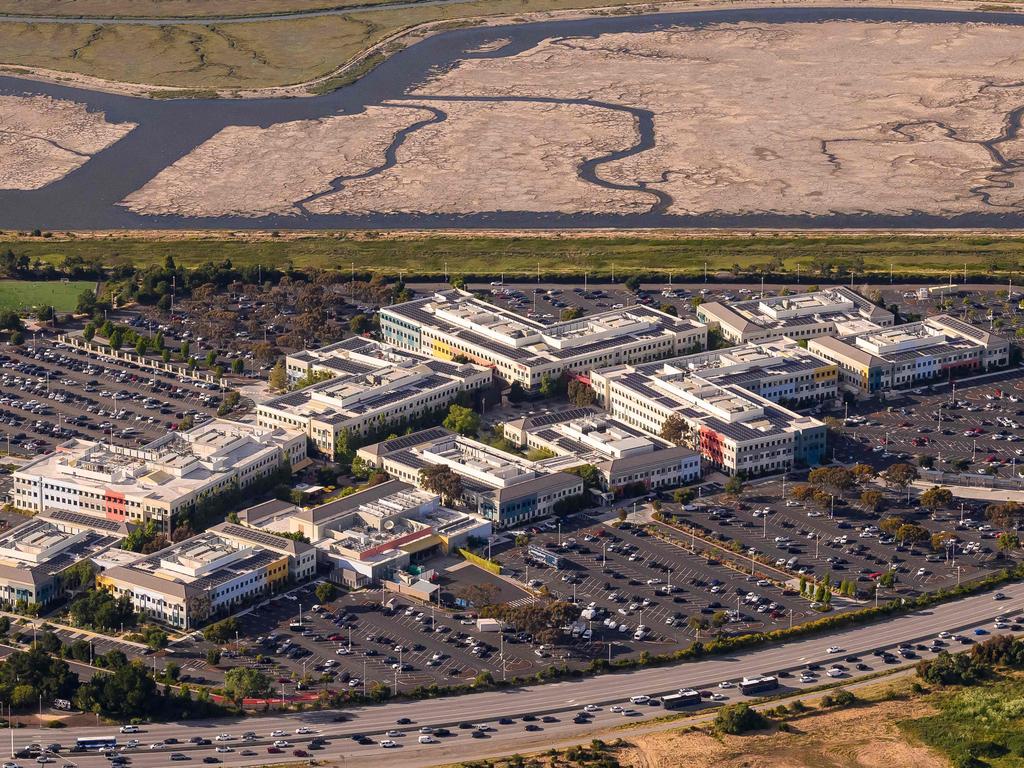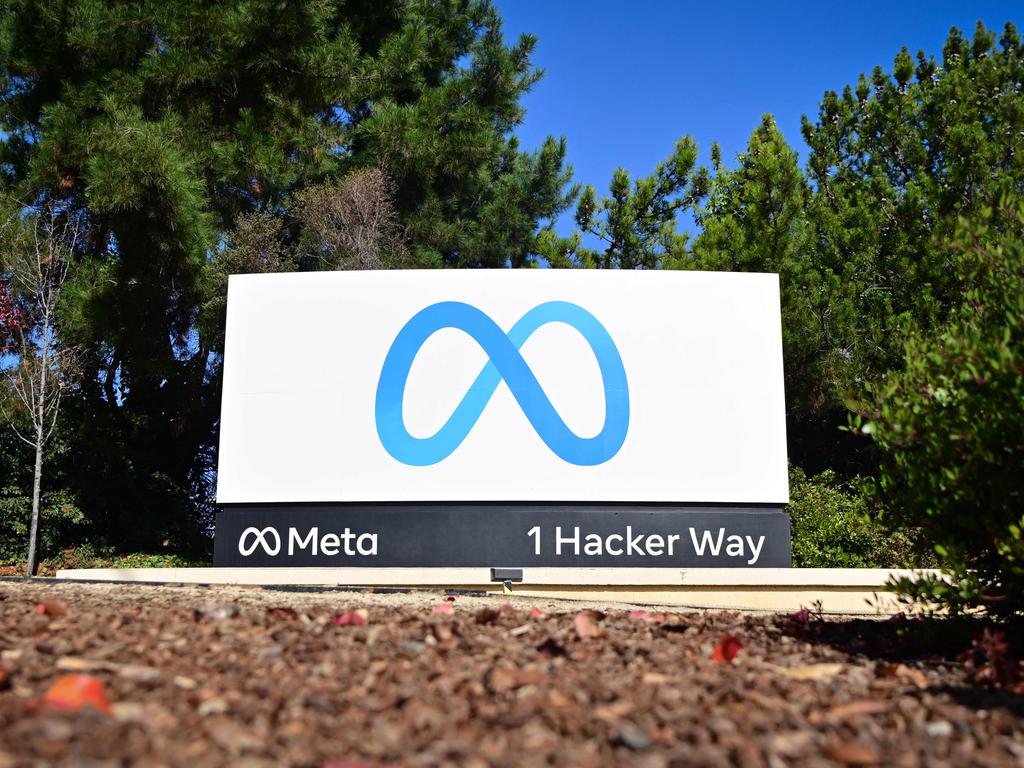Meta pushes back at Australian Government’s plan to crack down on scams
The government wants put the onus on social media companies to protect Australians from scams, and unsurprisingly, Meta is against it.
Social media giant Meta agrees with the Australian Government that scams are a huge problem — but it doesn’t want to be on the hook to pay victims.
Australians lost at least $2.74 billion from 601,000 scams last year and they are an increasing problem.
The government’s solution is a regulatory regime that puts the onus on companies to protect Australians, and could force them to pay compensation to people scammed on platforms like Facebook and Instagram.
It’s being called the Scams Prevention Framework (SPF) and draft legislation was released this year.
Under the scheme, sectors may be designated as a “regulated sector” including social media platforms.

According to the exposure draft legislation, the SPF scheme would require regulated entities to have appropriate government and strategies to prevent, detect, report, disrupt and respond to scams.
Firms could face big fines if they fail to take reasonable steps to prevent scams and minimise risk to consumers.
A key pillar of the proposed law is the establishment of an external dispute resolution scheme and a Commission that would monitor, investigate and enforce compliance.
The Treasury intends the legislation to form a new part of the Competition and Consumer Act 2010 (Cth), a growing Act that is already home to the powerful Australian Consumer Law.
Penalties for non‑compliance could be as high as $50 million.
The framework will initially apply to banks, telecommunications and digital platform service providers including social media, paid search engine advertising, and direct messaging services.
The Australian Financial Complaints Authority (AFCA) will operate the external dispute resolution scheme and received a huge boost on Wednesday.
Assistant Treasurer and Minister for Financial Services Stephen Jones said the government would provide $14.7 million over two years to the AFCA to establish a “clear single pathway for scam victims to seek compensation”.
He said: “Currently social media companies have no internal or external dispute resolution mechanism and redress is close to impossible.
He added scam victims would be able to seek compensation through a single door.
“This means if a person is the target of a scam on social media and loses money from their bank account, both the bank and the social media platform could be liable if they failed to put adequate protections in place.”

Meta’s response
In a submission to the proposed laws seen by news.com.au, Meta hit out strongly against the proposed new scheme.
Meta, which has about 3.59 billion users and pulled in $US134.9 billion last year, agreed there is a need to combat scams. But it is diametrically opposed to the government’s approach to shift responsibility on social media companies.
Meta is particularly opposed to the planned external dispute resolution regime, describing it as “fundamentally problematic”.
The American company says the compensation requirements would make Australia a more “attractive target” for scammers and result in Australians lowering their guard to scams.
It also says the apportionment of liability is complicated as there are many parties involved in a scam. Finally, it says the law could result in companies removing more content, including benign content and legitimate advertising.
Meta has not suggested an alternative to the government’s proposed scheme and instead pointed to a number of actions against scams it has already taken this year.

Those actions include an information-sharing partnership with National Anti-Scam Centre, intelligence sharing with the banking sector, a new advertising verification program, stronger enforcement policies, increased legal action against scammers and partnerships with groups including business organisations.
David Agranovich, Meta’s global security policy director, told news.com.au that a scheme involving compensation for scam victims would make Australia a “honey pot” for scammers.
He said the SPF framework encouraged “finger-pointing” between various players involved in countering scams - such as social media platforms, telecommunications firms, owners of web domains and financial institutions.
“It fails to get at the underlying actors who drive the scams ecosystem, which are financially-motivated and often reasonably-sophisticated, and often organised criminal groups, who operate all over the world, particularly in a number of regions.”
He said governments should use tools like sanctions and prosecutions to “hold the criminals behind scam activities accountable for their behaviour... and disincentive them from targeting Australians.”
He added Meta’s preference was for a regulatory framework that encouraged industry collaboration, including intelligence sharing, and that “drives down the prevalence of scams”.
The proposal is part of a new wave of regulation of social media platforms in Australia, including the News Media and Digital Platforms Mandatory Bargaining Code, which took effect on 3 March 2021. The Code required giant global tech media companies like Meta and Google to give “news businesses receive fair remuneration... for the value their content generates.”
Meta said this year it would not renew a deal with New Corp Australia, the owner of news.com.au.






